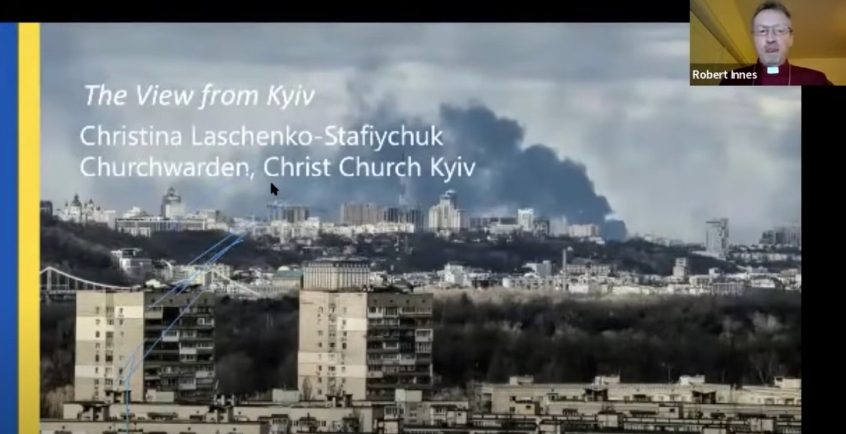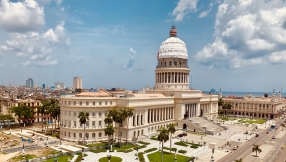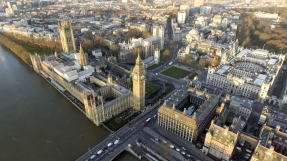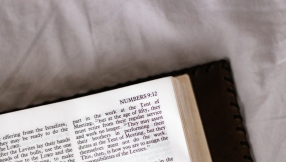
Anglicans from across Europe came together on Tuesday night to pray for an end to Russia's war in Ukraine.
The online Prayers for Peace in Ukraine service was organised by the Church of England's Diocese in Europe and led by Bishop in Europe, Dr Robert Innes.
"We gather at a time of crisis," he said as he led prayers for "all those caught up in the agony of war" and for "peace with justice".
The Diocese in Europe includes around 300 Anglican congregations across 40 countries.
Christina Laschenko-Stafiychuk, churchwarden at Christ Church Kyiv, said most people in the capital city were sheltering in the metro stations.
She reported that sirens were constantly going off and that "subversive groups" were "very active in the city".
Some of the congregation of Christ Church have decided to remain in Kyiv, she said.
But the churchwarden also voiced concerns that Russian mistreatment of staff at the Chernobyl nuclear power plant could result in an environmental disaster.
She said the Anglican congregation, which meets at St Catherine's German Lutheran Church in the Ukrainian capital, "are very much concerned not only with the military situation but with the threat of environmental disasters".
The Russian occupiers of the Chernobyl nuclear power plant north of Kyiv are not allowing staff to change shifts leaving them over-exposed to "doses of radiation", she reported.
"Personnel are tired. They have been staying in the power plant for almost a week now, which is a huge of violation of their health standards."
Incompetence and faulty equipment under Soviet Communism were responsible for a major nuclear disaster at the Chernobyl power plant in 1986.
The Chaplain of St Andrew's Moscow and Area Dean of Russia and the Ukraine, Rev Canon Malcolm Rogers, gave an update on the mood among Russians.
"Moscow is a very dark place to be in at the moment," he said.
"Many Russians feel betrayed by their government who up to a week ago were saying that war was unthinkable."
There "is a huge amount of fear" in Moscow, he reported, "the fear of what happens if it all gets out of control, especially if there is a long conflict, the fear of what it means for the future of both Ukraine and Russia".
Canon Rogers related how one man told him on the afternoon before the service that the Russian military invasion of Ukraine amounted to "the return of totalitarianism".
He also reported that Moscow residents are fearful that the Russian economy could return to the deprivations of the early 1980s under Soviet Communism.
"And there is the fear of total isolation from the West, of becoming a hated pariah people. More than a few have said that they are ashamed of being Russian," he said.













